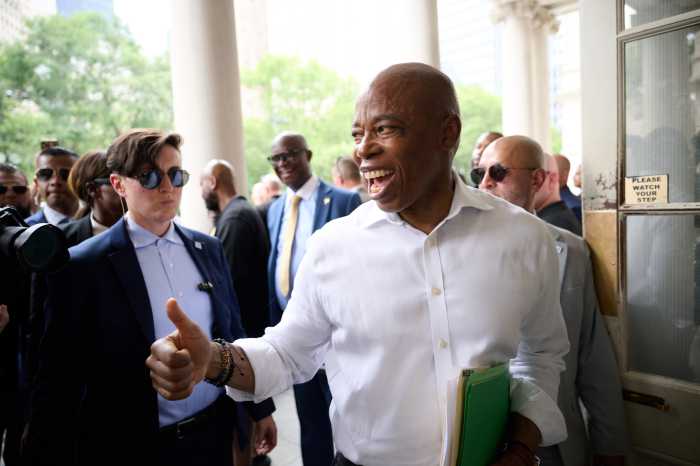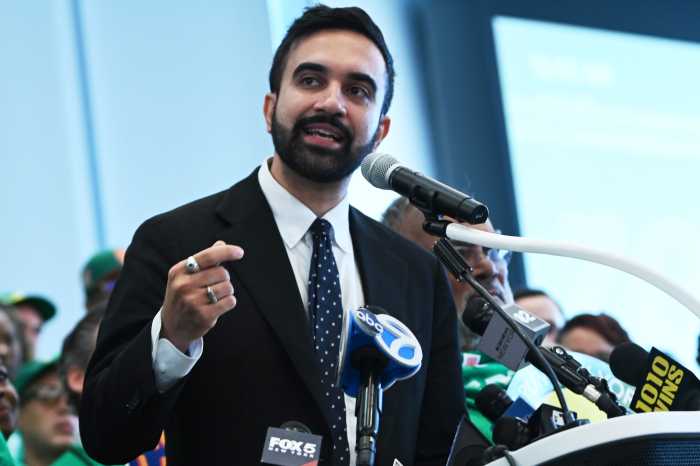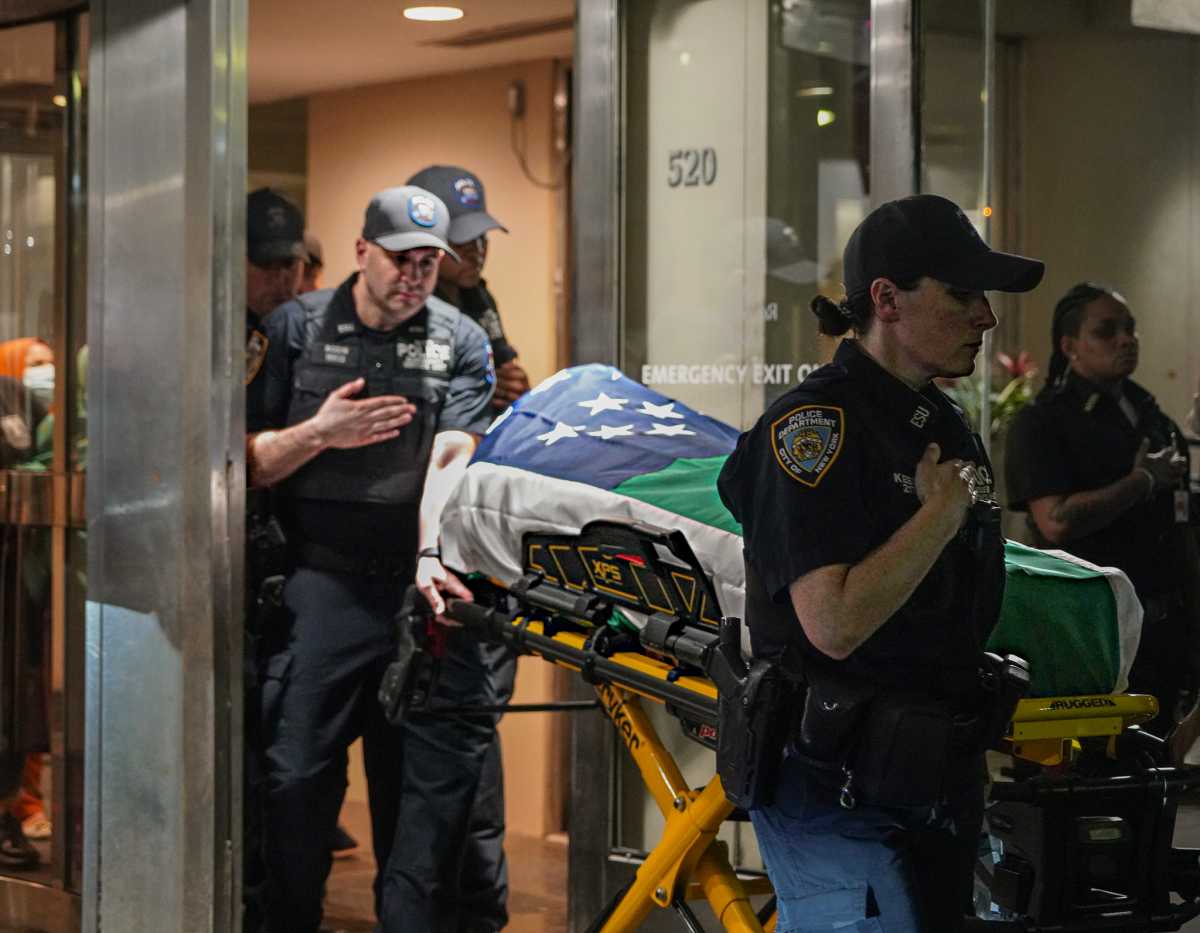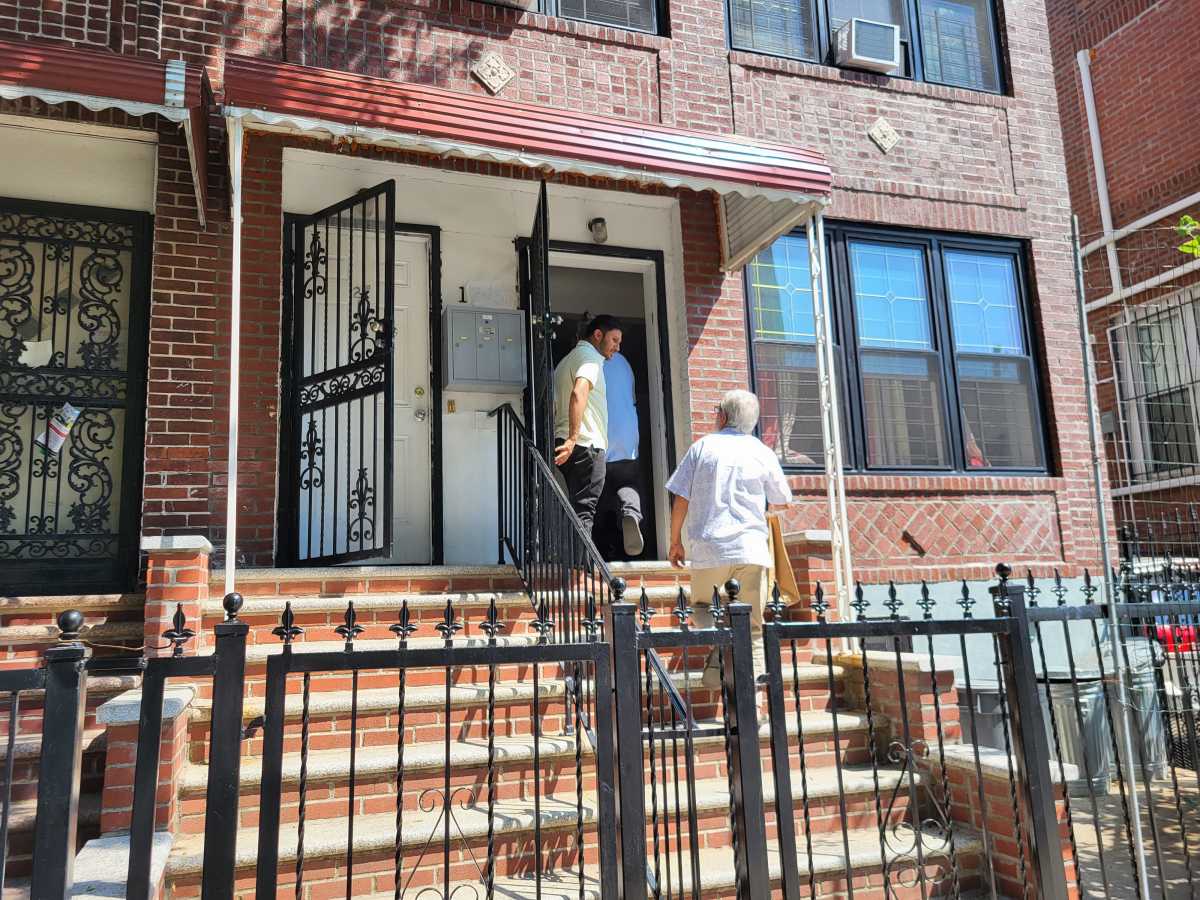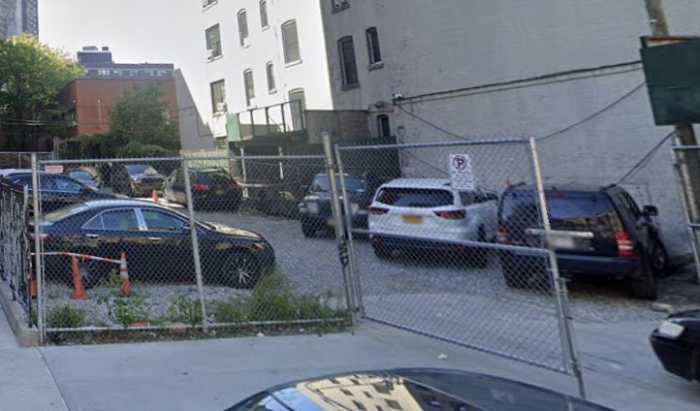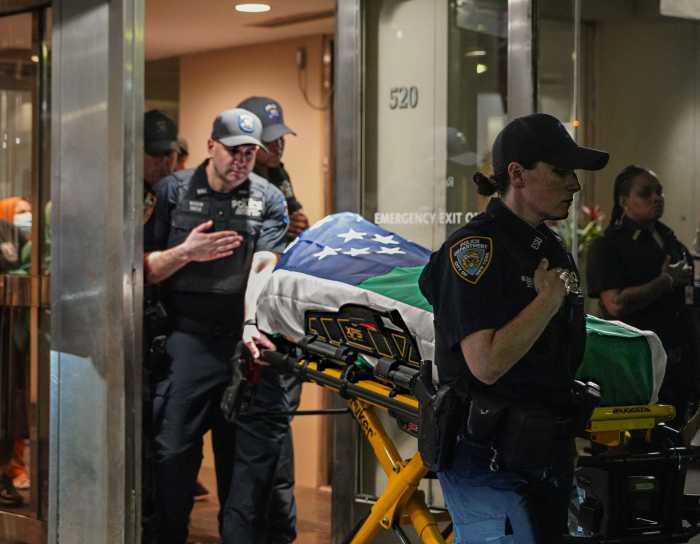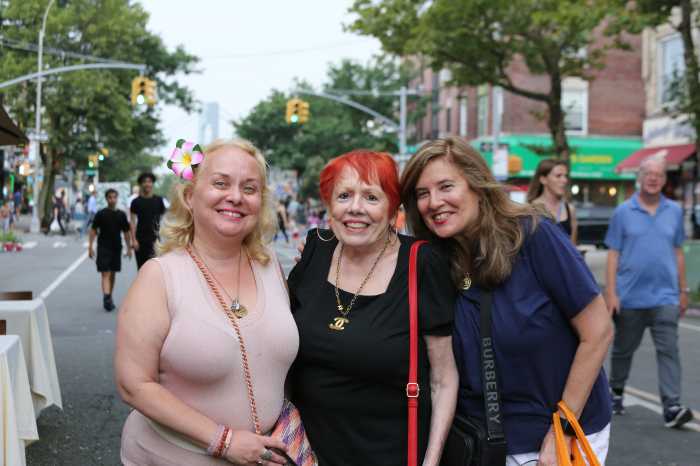A Long Island company vying for a state license to distribute medical marijuana has leased space in Downtown Brooklyn, Crain’s first reported Thursday.
PalliaTech Inc., a producer of marijuana-based pain medications, is looking to move into the second floor of 425 Fulton St., between Pearl and Jay Streets, where it will take up 3,000 square feet of space.
“You want to be in a population center and you want access to public transportation and it’s a great location from that perspective,” said Andrei Bogolubov, executive vice president of PalliaTech. “The state has placed a high priority on geographic dispersion of the dispensaries and where the medicine will be manufactured and you have Brooklyn, where we were able to find a terrific facility there.”
At the moment, only five licenses will be awarded and the application process is an arduous one.
Companies vying for one of the coveted spots had to submit dozens of pages on business summaries, construction timelines, energy sources and up-to-date building codes, among other specifications by Friday’s deadline. Each company that is granted a license by the New York State Department of Health will be permitted to open four locations.
“It is going to be very competitive and we can’t go into it with confidence but we can go in with optimism, said Bogolubov. “We are hopeful that we will be well received and that the state will have a decision in July. They have a lot of material to review and the state has been really determined with meeting the deadlines because they want to be servicing patients in January 2016. Many operators will not be able to hit that target but we think we can.”
Hours before the announcement Thursday, Brooklyn Borough President Eric Adams coincidentally said he wanted a dispensary in Kings County.
“I want Airbnb. I want Bitcoin. I want a marijuana dispensary. Come to Brooklyn,” Adams said during a speech about real estate at the Harvard Club.
Palliatech is also leasing three other spots upstate.
The dispensary would have the look of a modern pharmacy, but walk-ins will not be allowed. Patients with prescriptions will also have access to pharmacists and counselors.
Robert Perris, district manager for Community Board 2, which covers the area, didn’t have an issue with the dispensary opening there.
“We have no formal role in approving the location, but the discussion would be more out of a popular interest thank any administrative role that we would play,” Perris said. “One advantage to this particular location is that it is in an area that in addition to a local police precinct, there is an excellent security force in play.”
In July, 2014, New York became the 23rd state to legalize medical marijuana by enacting the Compassionate Care Act. Although Gov. Andrew Cuomo had been fiercely opposed to medical marijuana legalization previously, he worked with the State Legislature to create the law that will give relief to thousands of New Yorkers.
PalliaTech donated $10,000 to Cuomo’s campaign in 2014 according to state records. According to Forbes, by Jan. 23 Palliatech had raised $10 million in funding.
Gabriel Sayegh, managing director for policy and campaign for the Drug Policy Alliance, said there is concern in the community as to whether the deadlines are realistic and if companies will be able to serve the needs of patients with debilitating conditions.
“I think anyone who assumes that it’s just going to happen should be careful because of a lot of the assumptions that folks have brought to this process,” Sayegh said. “If they are able to open in Downtown Brooklyn and provide effective medication to patients, that would be great, but it’s hard to imagine having a system in place. It starts opening up the question of where will those be, will some boroughs not have them, what about the rest of the city, those are the types of questions we have and the Department of Health has not answered.”
The state Department of Health would oversee the process and distribution, making sure that the marijuana is supplied in a purified form in the way of pills, oils and vaporizers only.
The department also has the authority together with law enforcement agencies to shut down the program if they feel it has gotten out of control and the drug is used for illegal purposes. The law also has a sunset clause — it is set to expire in seven years even if the program is successful, unless the state legislature renews it.
Still, area residents and workers see the dispensary as a positive step.
“It’s a good thing! Why not?” said Maria Shteysel, a personal injury lawyer who practices at 585 Fulton St. “The neighborhood is definitely getting better – more and more Manhattan-like.”
(With Sheila Anne Feeney)




